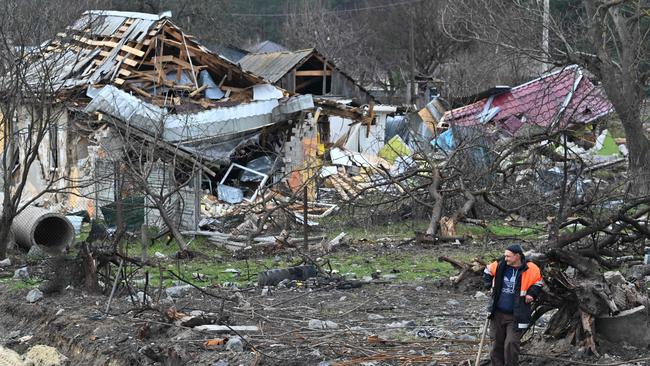
After seven weeks, the war has yet, it seems, to peak and Putin is not for turning.
We should not, however, lose sight of the fact that the reaction of the liberal democracies to these unfolding events has been in many ways exemplary. It is vital that they dig in now and see this through to the defeat of Putin. But the initial response has been reassuring and has a number of important strategic implications.
To begin with, Joe Biden has exhibited a quality of leadership that his critics would not have expected. He has listened to expert advisers, co-ordinated quietly and effectively with key allies, made clear that, because of the existence of massive American and Russian nuclear arsenals, there will not be a war over Ukraine between the United States and Russia; and yet has brought to bear on the Putin regime massive economic, diplomatic and soft power pressure. It must be sustained and deepened.
Secondly, the NATO states have responded with both grave concern for a non-NATO neighbour wantonly and brutally invaded, but have reacted in a measured and consultative manner, not by mobilising for war, 1914-style. Germany, whose military capabilities were seriously run down under long-time chancellor Angela Merkel, have now been declared an urgent priority – by a green/left government, no less. German arms are being funnelled to the resistance fighters in Ukraine.
Thirdly, European states on the fringes of NATO, notably Sweden and Finland, have declared that Putin’s behaviour brings their longstanding neutrality into question. Sweden has supplied arms to Ukraine, in a clear breach of its neutral status. Switzerland, neutral for so very long, joined in the imposition of sanctions on Russia, which is a kind of economic warfare. These are notable developments.
Plainly, Putin’s insistence that Ukraine must pledge not to join either NATO or the EU – which it is in no sense his prerogative to demand – has galvanised the many other states in close proximity to Russia, from the Baltic states to Romania, which have no desire to see an autocratic Russia extend a presumed sphere of influence over them once more, as it did under both the Soviet Union and the Romanov Empire. In short, Putin has weakened his overall position by his reckless invasion.
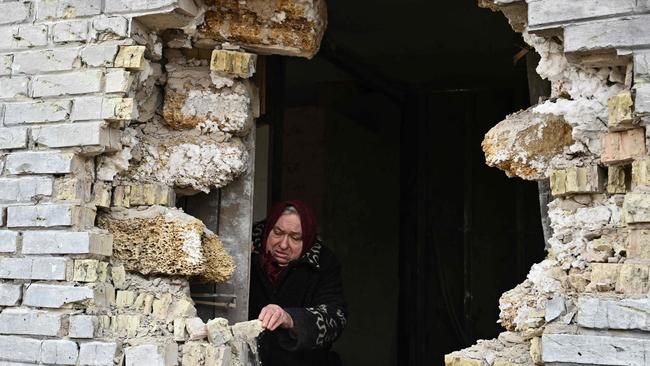
Meanwhile, the floundering of the Russian military, which had been widely touted as increasingly formidable, has made Putin’s pretensions look grotesque. The savageries of his war, with their precedents in his wars in Chechnya, Georgia and Syria, are being subjected to the full glare of international publicity and opprobrium. And that is just getting started.
There is open and justified discussion of war crimes trials. There is also evidence of disarray, dismay and purges within the Russian intelligence services over Putin’s handling of the war.
In short, the great neo-authoritarian kleptocrat of Europe has been exposed, both morally and strategically, by his overreach in Ukraine, and the responses across the board have been intelligent, stirring and in some measure effective.
In the middle of lamenting the destruction that Putin is wreaking, we should all take heart from these developments, because they are the harbingers of the much maligned and troubled liberal international order reviving from a comatose state.
Nor is Putin the only neo-authoritarian whose credentials are being brought into question by the revival of American diplomatic and strategic leadership. It’s clear that Xi Jinping had Putin’s back on this operation. He has a growing number of problems of his own, but Putin’s embarrassment in Ukraine must be concentrating minds in Beijing. What they might have hoped or expected – a Russian blitzkrieg and a fait accompli for the West – has not eventuated and the blowback has been serious.
That should be reinforced step by considered step.
There has been considerable speculation as to whether Xi and his strategic advisers thought that a swift Russian victory and its implications might open the way for them to move against Taiwan. If that is what they’d been thinking, they now have food for thought. There is no blueprint for such a move in Putin’s bungled operation. The co-ordinated and rapid response by the US alliance must also have shown that things could get very messy if a move is made against Taiwan.
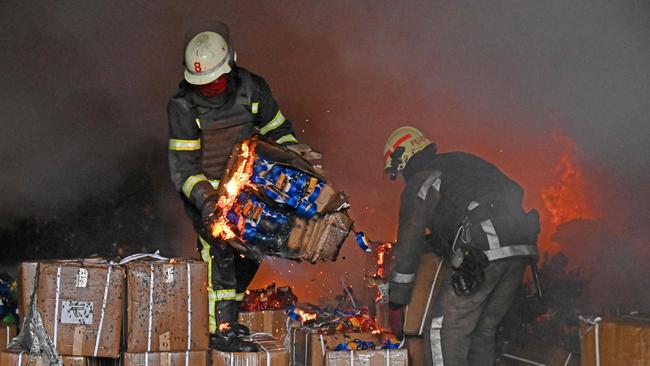
There are even broader strategic implications. Recep Erdogan’s Turkey, with its open neo-Ottoman aspirations, and the hard-line Shi’ite regime in Tehran, with its ambitions for Iranian hegemony in the Persian Gulf and beyond, will be observing Putin’s stumbles and frustrations with keen interest.
Kim Jong-un and his little sister in Pyongyang, already facing a serious regime in Seoul, will also be paying attention. This is directed at them and their mindsets, as much as at Beijing.
It is the stirring of a somnolent and complacent liberal democratic order, in the face of the most blatant and arrogant assault on its sense of decorum in a very long time.
At the centre of this situation is the White House. Biden has had relentless critics on various grounds and did himself no favours by the manner in which he abandoned Afghanistan to its fate. But in two respects he has shown himself to be a leader in striking contrast to his predecessor: he has been restrained in his rhetoric, and he has been deeply consultative with both his own senior staff and his key allies.
He, chairman of the Joint Chiefs of Staff Mark Milley, and National Security Adviser Jake Sullivan, among others, have thought of the lessons of the Cuban missile crisis and are acting adroitly to head off possible nuclear escalation by Putin. This is a neglected and crucial aspect of the situation.
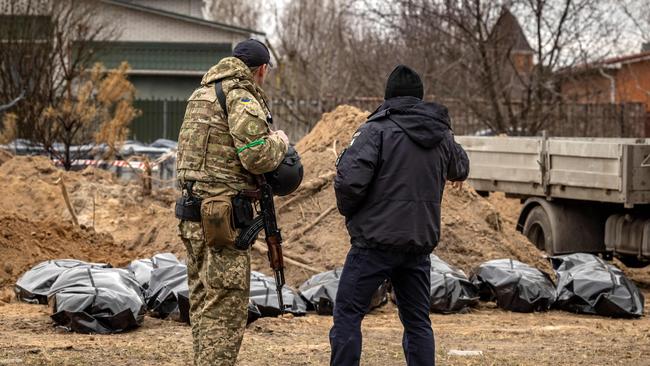
As Serhii Plokhy pointed out last year, in his new history of the Cuban missile crisis of 1962, Nuclear Folly, we are in a second nuclear age in which the arms control treaties of the Cold War have been abandoned, nuclear proliferation has resumed, precision-guided missiles have been developed, and the danger of a nuclear war erupting have become greater than at any point since the 1980s.
While the dangers of Putin initiating the use of WMDs in Ukraine and pushing NATO to the brink are very real, the object lesson from the present situation is that arms control is vital and that it is in the interests of all parties to come to the table on this, as the US and the Soviet Union did in the 1960s following the Cuban missile crisis.
Should the US or NATO have intervened earlier to counter Putin, by establishing a no-fly zone over western Ukraine, or allowing Poland to supply advanced fighter jets to Ukraine (from US-operated air bases in Poland)? Should Putin be offered concessions for the sake of peace? Should he be given an off-ramp, lest he escalate the conflict?
It is of the greatest importance that such questions be framed in terms of a vision for both European security and global order. Martin Indyk, in his 2021 book about Henry Kissinger, Master of the Game, argues that Kissinger’s strategic realism differed substantially from the Wilsonian liberal internationalism that characterised post-American foreign policy after 1945. Kissinger saw order and predictability as vital and as trumping a quest for ideal outcomes, whether of peace or disarmament.
If Kissingerian order was the priority, how should it be envisaged now? There are, broadly speaking, two schools of thought. The first is that the United States (and the rest of us) concede space and spheres of influence to several other great powers, notably Russia in Europe, China in Asia and Iran in the Middle East, rather than attempt to maintain a global liberal order. This could have the West concede primacy to Putin’s Russia not only in Ukraine, but over a wider swathe of territory in eastern and northern Europe and to Xi’s China in Asia.
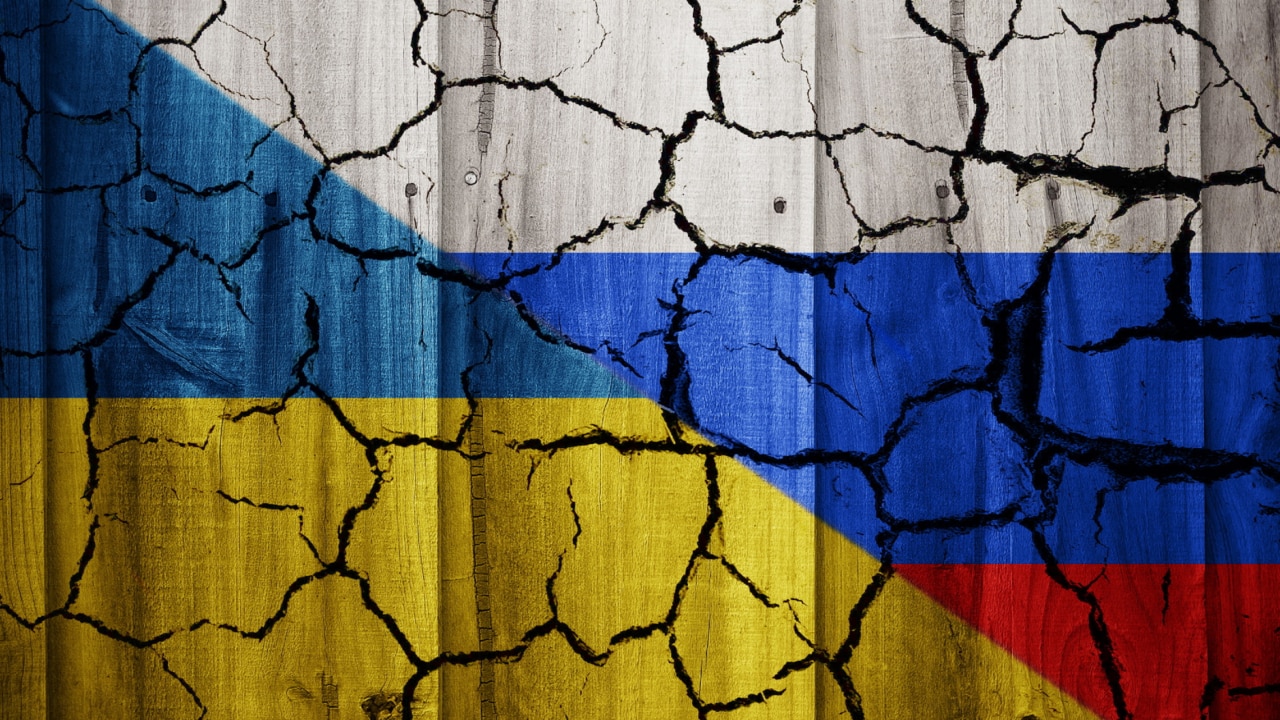
The second is one in which the liberal democracies, which, in terms of population and wealth, are collectively vastly more powerful than Russia or Iran, or even China, exert themselves to assert their primacy, not out of idealism but precisely as the most powerful coalition on the planet, openly opposed to the ambitions of the autocratic states.
Russia, in this case, has confronted us with a vital test of character. It is a test of character because the odds are stacked against Putin, and the Western alliance has been given a powerful adrenaline charge by the invasion of the Ukraine. Minds are focused right now. The choice is whether to mollify and accommodate Putin on tolerable terms or to corral him, make an object lesson of him and seek to draw a post-Putin Russia into a revitalised and robust European order.
The first would be relatively easy in the short term, but would send all the wrong signals to Putin, to Erdogan, to Ali Khamenei and Ebrahim Raisi in Tehran and, above all, to Xi Jinping in Beijing. The second will require patience, imagination, tenacity and the strategic will to push back against neo-authoritarianism and plan for the 21st century in a manner a complacent West failed to do in the generation after the end of the Cold War and the collapse of the Soviet Union.
This does not mean rushing the fences, or seeking wars with the dictators. It means taking note of the realities thrown into high relief by the resistance to Putin’s invasion of Ukraine and building on the very positive signals evident in that resistance, from Ukraine itself via the Nordic countries to Washington DC.
We, in Australia, have a huge stake in this, of course. We are not in Putin’s firing line like Ukraine, the Baltic states, Poland, Finland or Moldova. But, as China’s economic sanctions against us and its deal with Manasseh Sogavare in the Solomons shows, we have a challenge in our own backyard. We need to be part of global coalitions that will marshal the will and the means to stand up to neo-authoritarian hegemons – of which China is, by a very wide margin, the most ominous.
Had Putin’s would-be blitzkrieg rapidly overrun Ukraine, had Biden’s Washington taken a hands-off attitude towards the situation, had NATO gone to water, had the northern European states re-emphasised their neutrality over the past month, we would have had profound reasons for dismay. As it is, we can take heart. The liberal international order isn’t yet dead. It has, still, the capacity to hold the line and buttress global security. We should commit to such a course in the years ahead, whoever wins the federal election.
Paul Monk is a former senior intelligence analyst and consultant in critical thinking. He is the author of many books, including Dictators and Dangerous Ideas (2018).



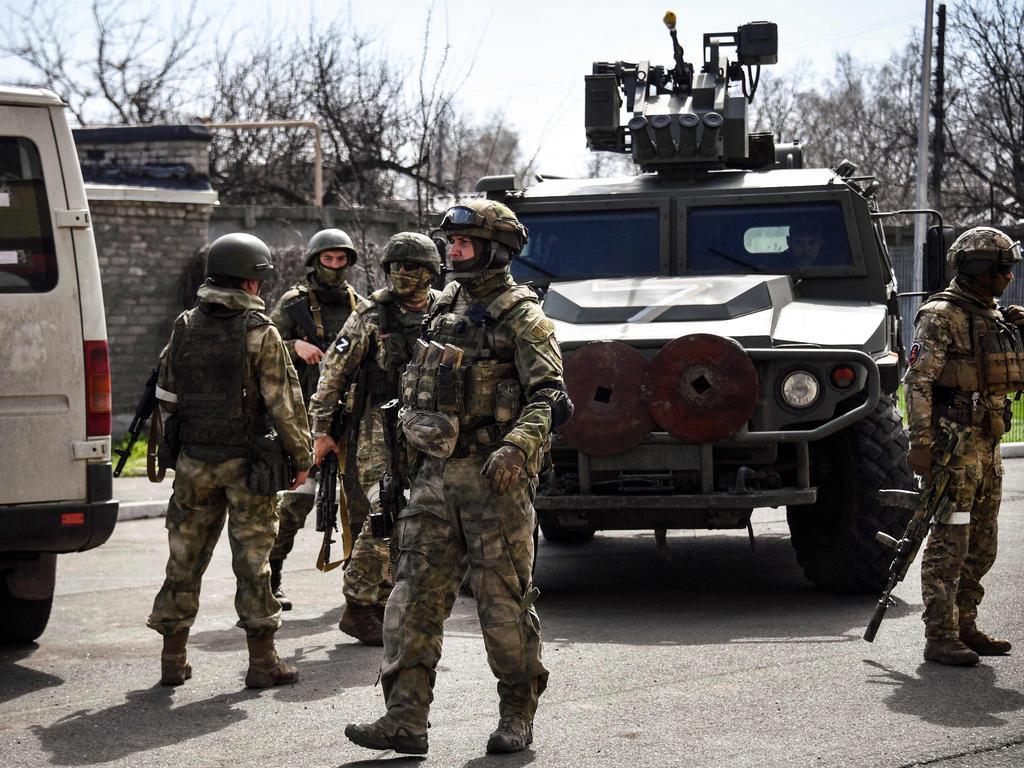
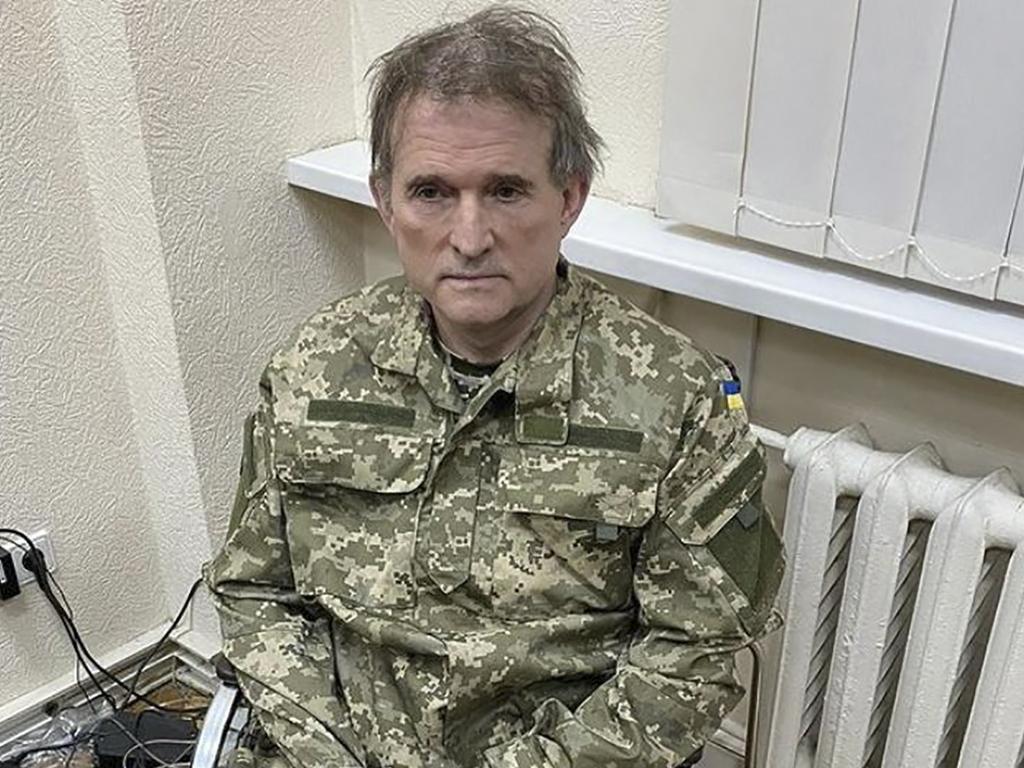
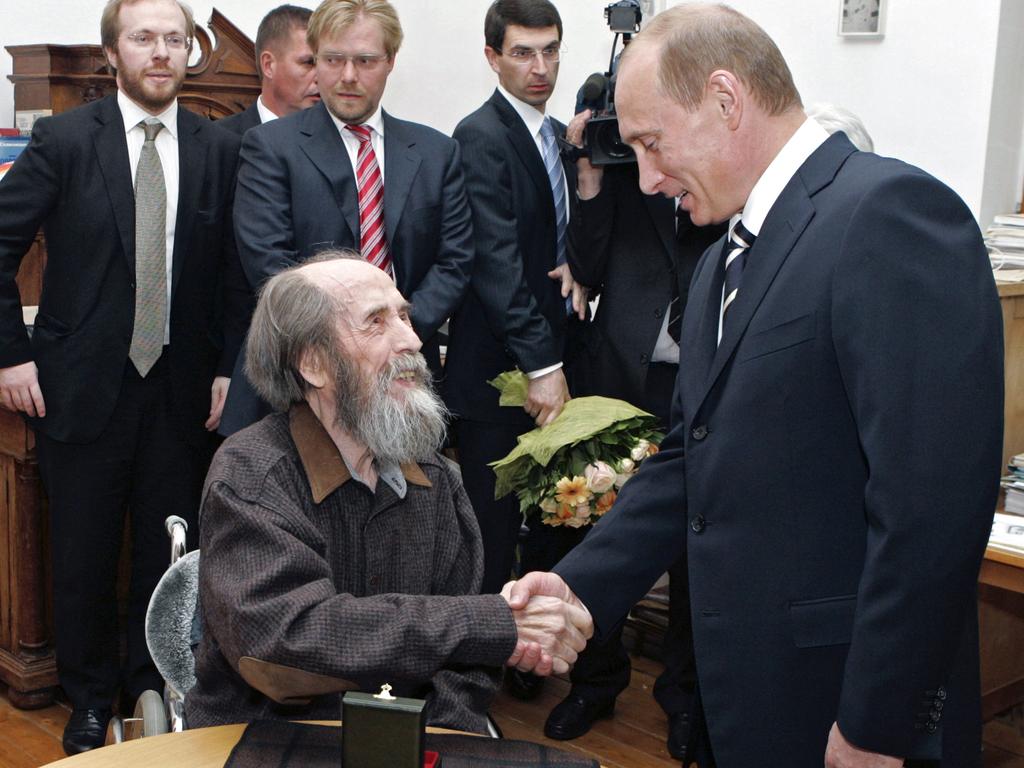
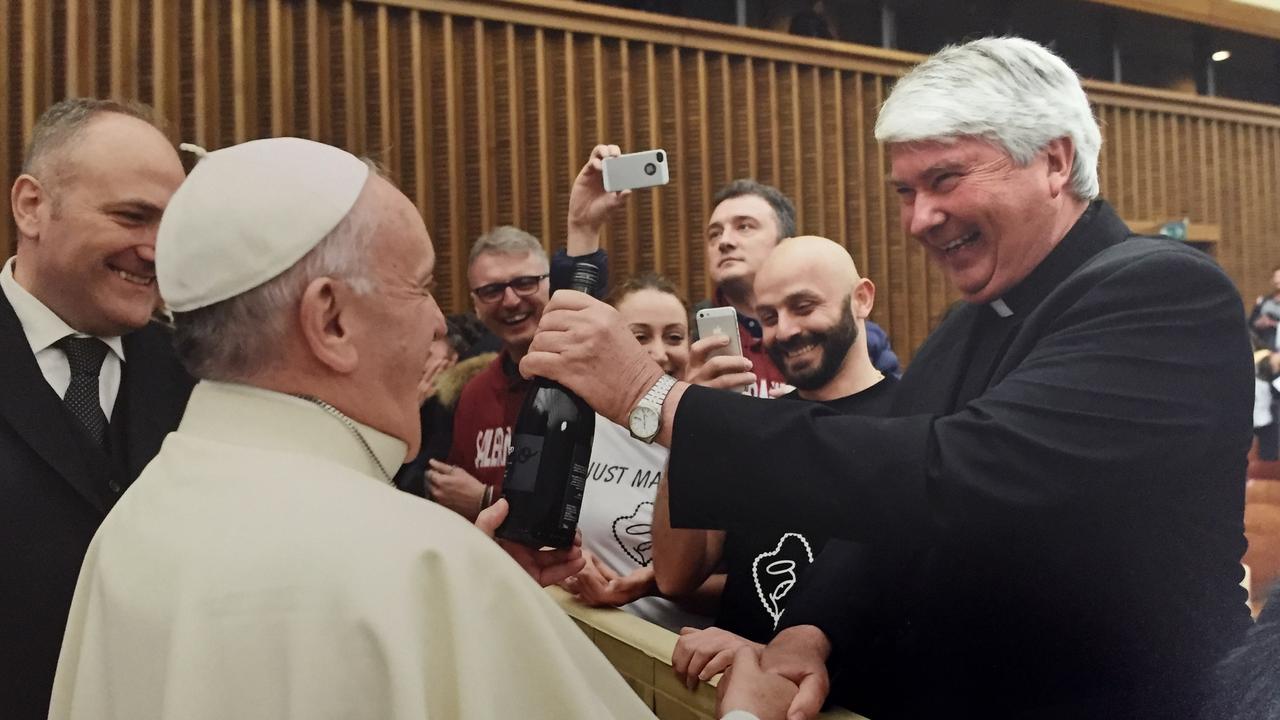

The horrors of what Putin’s invasion is inflicting on Ukraine, including mass atrocities around Kyiv and in the assault on Mariupol, are the daily fare of news updates and satellite imagery. Now there are reports of Russian use of chemical weapons and preparations for a renewed offensive, under the command of the butcher of Aleppo, Aleksandr Dvornikov.